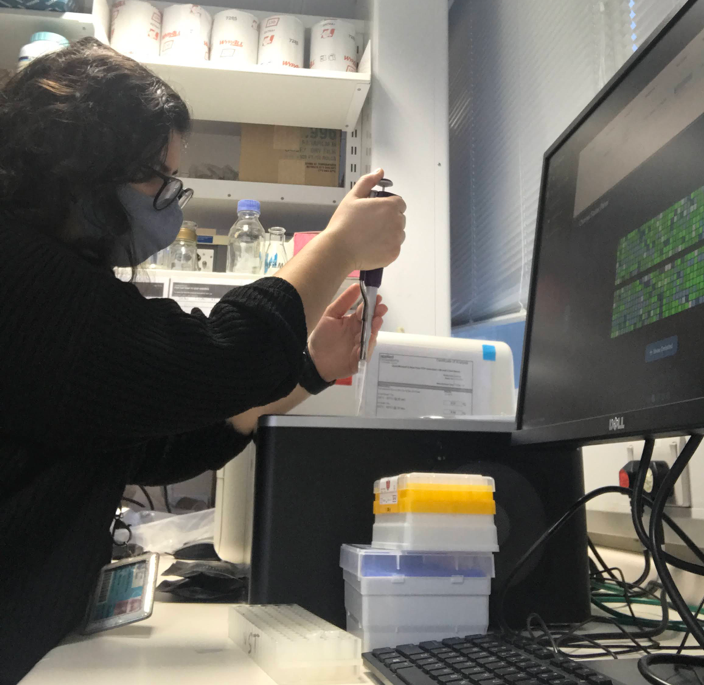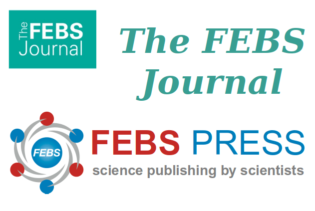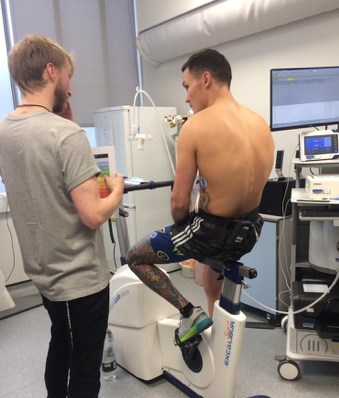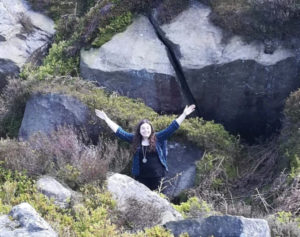Stella Christou became involved with the COVID-19 Genomics UK (COG-UK) Consortium for her PIPS placement. She joined a lab at the University of Sheffield where they sequenced SARS-CoV-2 from positive patients around South Yorkshire. Read more to find out how PIPS can further your transferrable skills.
 Ioannis Tsagakis
Ioannis Tsagakis
Twitter for academics: Why should scientists start tweeting?
Have you ever considered that social media could actually prove useful in your research? In this blog, Dr Daisy Shu, postdoctoral research fellow at the Harvard Medical School, reflects on how sharing her scientific research journey through social media has benefited her career. If you are keen to find out what academic Twitter is all about from a fellow scientist, have a read!
Read moreTwitter for academics: Why should scientists start tweeting?
Ioannis Tsagakis – FEBS Press
Ioannis Tsagakis immersed himself into the life of a scientific editor by undertaking an editorial internship at FEBS Press in his third year of PhD. The timing coincided with COVID-19 lockdown hence the internship was completed ‘virtually’ from Leeds, instead of the Cambridge office.
Are you a writing snacker or a binger?
The second virtual DTP skills session was aimed at helping students cultivate writing habits to make writing enjoyable and more productive. In this interactive writing workshop under the guidance of Dr Jenny Rivas Perez, students reflected on writing goals and exchanged advice on overcoming writing barriers.

Research in the 1990s categorised academics as snackers or bingers, based on those who were writing often and those who only wrote when there was an impending deadline, cramming all writing in a couple of days. Exploring this concept further, students in the DTP skills session discussed the benefits and drawbacks of writing and not writing. Highlights from this discussion included “a better understanding of the topic” and “helping pick out knowledge gaps” as benefits of writing. Surprisingly, there are benefits to not writing, such as “having a moment of reflection” or “stepping away from writing to be in the lab or going about your daily activities”. However, prolonged writing inactivity can have drawbacks too since “it can be really hard to fill the gap(s) of not writing”. For instance, having to refer to potentially five lab books when writing your thesis can be a big time-sink. Conversely, allocating time to write a summary of your daily endeavours is essentially writing to yourself in the future, making information readily available.
“Until you start writing about what you think you know, you don’t realise the gaps in your logic” suggested Dr Jenny Rivas Perez
Sport, psychology, and animal video clips with PIPS
BBSRC DTP PhD student Matthew Chadwick undertook a PIPS with the Human Performance Service in the Sport and Exercise Sciences Department of the University of Leeds, providing technical consultation and training to research teams. In case you wanted additional reasons to watch those cat videos on the internet, keep reading.
Read moreSport, psychology, and animal video clips with PIPS
Get to know.. your WRDTP student reps – Molly Patterson
Our next WRDTP student rep profile is here… This week we are introducing you to Molly Patterson, a freshly minted DTP rep with a passion for the very relevant as of recent topic of virology!
Molly joined the DTP in 2018 at the University of Leeds after her integrated masters at Leeds. Remaining at the Mcdonald lab, she resumes addressing central questions in the field of virology and cancer. Read about her recent publication here: https://pubmed.ncbi.nlm.nih.gov/32555725/
Check out our Q&A session in full!
Read moreGet to know.. your WRDTP student reps – Molly Patterson
Well-being during COVID-19 lockdown
Earlier last month we released a Twitter thread listing various tips on how to keep sane during the COVID-19 pandemic lock-down! You can catch it again here in the form of a blog post.
Maintaining the work-life balance at the office from home

It’s easy to get trapped in the mentality of working more than usual even at home, because now you are literally at work all the time! However, setting time aside for picking up old hobbies previously pushed aside and working towards something can be scheduled for. That piano piece you thought was too difficult, that yoga pose you could not hold, or that video game that has been gathering dust are all great starting places.
Get to know… your WRDTP Comms Team: Ioannis Tsagakis
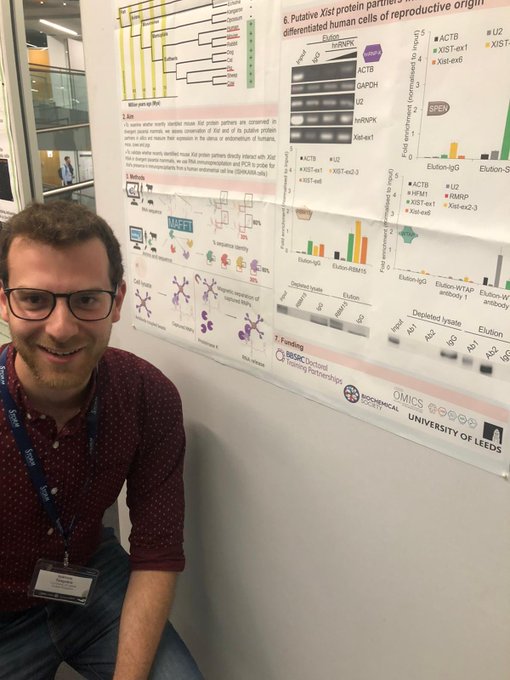
Hi there, my name is Ioannis and I am a 3rd year PhD student working across FBS and FMH on RNA Biology. More specifically, my project aims to understand how long non-protein coding RNAs can co-evolve with their protein binding partners across placental mammals with divergent early pregnancy events. To this end, I use biochemical pull-down methods and primary cell culture to identify the protein interactome of the XIST RNA in humans, cows and pigs.
Why did you join the DTP Communications team?
Joining the DTP Communications team made sense because I am interested in scientific communication and have realised social media provides a new platform to interact with wider networks of scientists. Being an active Twitter user, I frequently post cutting-edge scientific research, conference meeting opportunities as well as my thoughts about all things science. I am also keen to learn about all the latest research which makes me the person having a lot of questions in seminars (not always asking them though).
Enough about work, tell us something about you!
In my spare time, I like to play basketball, cook or explore new places in Leeds for food and/or music. It was clear from the beginning of my PhD, I was pro-pun and would get every chance to come up with science-themed jokes (even if they weren’t that good – groan!). Being native Greek but having spent 10 years in the UK, I now more than ever prefer my holidays by a sandy beach over a mountain hike. A saying that has stuck with me is that…
“There is no such thing as I can’t do, there is only I don’t want to”.

